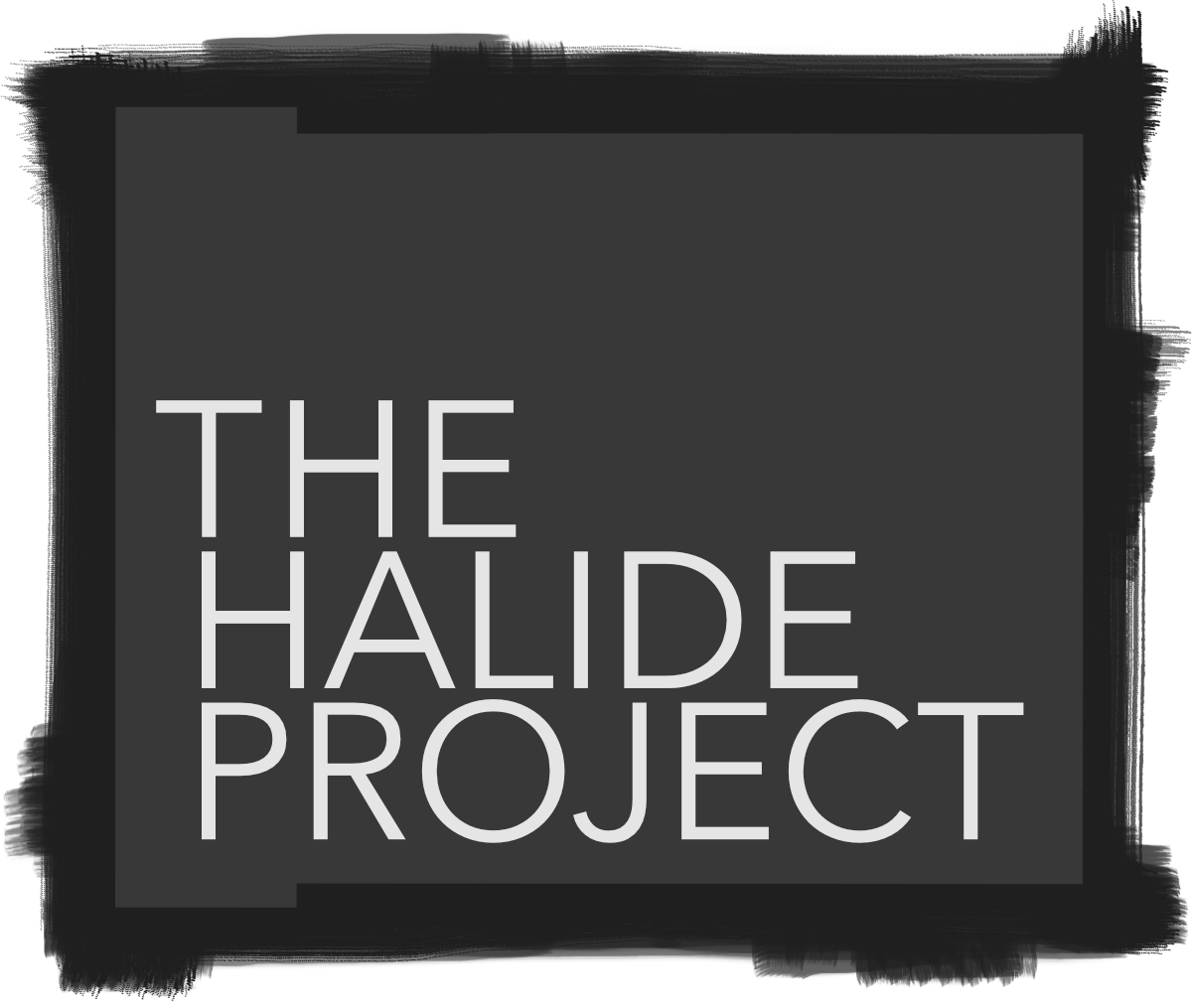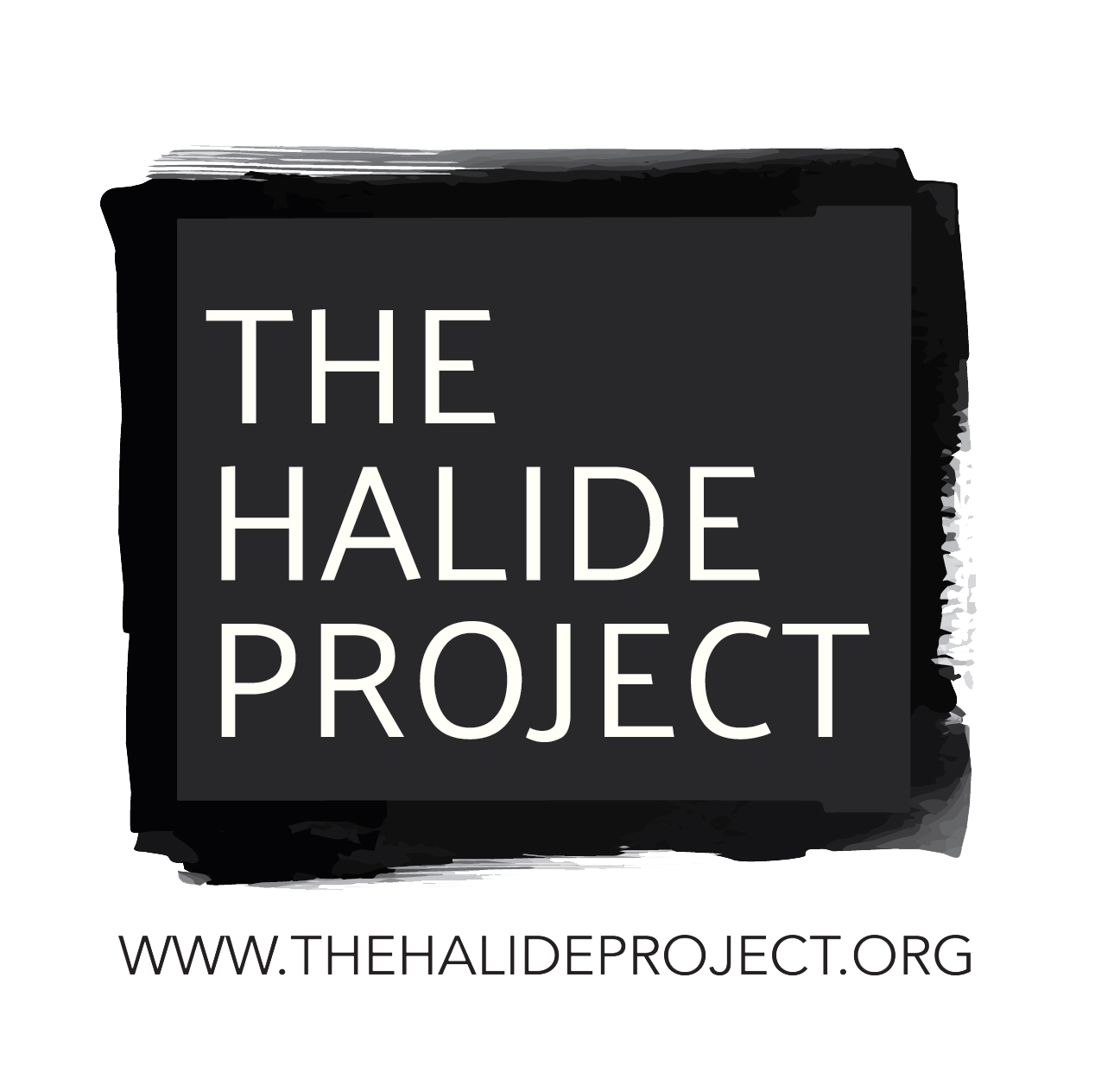An Uneasy Paradise: Living on the Waterways
The journey that brought Sebastien and Louise to the canal community in Kennet and Avon began in Asia, a place that after years of traveling there felt more like home than their native England. Their nomadic lifestyle had been influenced by a desire to witness firsthand the various ways that people, communities, and cultures live and survive. What they sought was freedom; people who were living in a way that left them free to act, think, and develop independently from distant and unaccountable institutions. But as time went on, they began to witness globalization impacting the places that had provided inspiration early in their journey. As they observed more communities choking on imported material culture, they began to question what it is, exactly, that the West has attained beyond misperceptions and misrepresentations of affluence and abundance; a model of economic growth based on excess and extraction and individualism prioritized over the collective good. After seeing the changes taking place in Asia – the initial benefits of practical comforts having been attained followed by unrealistic comparisons to the West driven by advertising and consumerism – they found that they wanted to witness the phenomenon where it started yet find within it engaged people reclaiming their time and imagination and creating proactive and positive solutions.
Canals had been part of Sebestien and Louise’s consciousness since their childhoods, both having grown up in Bath and walked the towpaths of Kennet and Avon as kids. Floating communities were established in the area in the early 1800s when competition between the carrying companies forced them to reduce workers’ wages. Unable to afford housing, workers and their families moved onto their boats. By the Victorian era, however, these communities were being branded as immoral and their residents as somehow less-than-human. With a steady decline in the communities’ populations, by the 1970s narrowboats could be purchased and restored inexpensively, and a new generation was attracted by the possibility of an alternative lifestyle.
Upon returning to England in 2012, Sebastien and Louise hoped to find a narrowboat with space enough for a darkroom, and – as luck would have it – found the Mrs. Macaw a mere twenty miles from where they were staying. Embarking on a nomadic life on the waterways, they found the perfect balance; having a permanent home but always being on the move, being able to experience different communities from tiny hamlets to major cities, and feeling close to both nature and the historical past while traveling.
But as they traversed the country using its vast canal system, they also witnessed a country divided; from pristine lands to industrial ruins, from boarded- up high streets where drug use ran rampant to seldom-used country estates devoid of life but preserved as markers of status. This surprising contrast of poverty and wealth left Sebastien and Louise disappointed, and they decided to seek out a more permanent community, settling in the western edges of the Kennet and Avon canal where nearly six hundred boats serve as homes for independent thinkers – individuals and family units alike – living outside the constrains of mainstream society. These affordable, floating homes are at one with the landscape and highlight quality of life over quantity of consumption. The tangible relationship the residents have with the resources they use leads to a
more conscientious lifestyle, and Sebastien and Louise believe that such peripheral spaces are vitally important to the future of society, serving as incubators for innovative solutions for both environmental and societal concerns.
However, such communities find themselves under attack from the new governmental body in charge of maintaining the country’s waterways – the Canal & River Trust – which views them as a “problem” to be solved rather than a community of problem-solvers and potential partners. When they began to assemble An Uneasy Paradise into book form, Sebastien and Louise regarded it as a protest piece, but it now feels to them more like a eulogy due to the uncertainties created by the ever-changing rules and benchmarks being foisted upon their community, slowly causing it to disband. But the work serves to share the life of people who have chosen an alternative to a lifestyle unattainable to many due to societal factors outside of their control, and by setting this example they provide a flicker of hope for the future.


